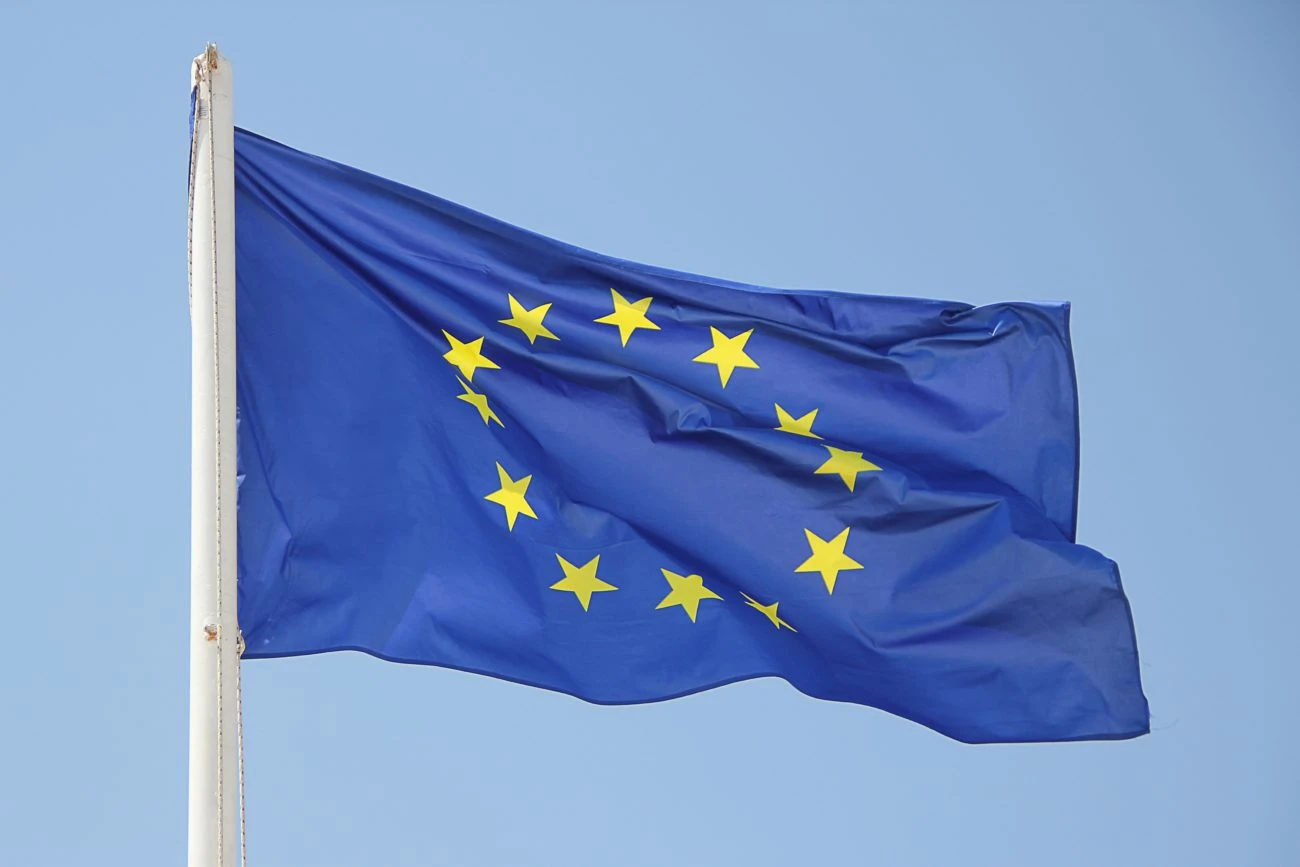EU igaming revenue to reach €29.3bn by 2022

Online gaming revenue generated by operators across the European Union (EU) in 2018 amounted to €22.2bn (£18.7bn/$24.6bn), with the market expected to grow to almost €30bn by 2022.
Internet gaming was responsible for 23.2% of total gambling revenue for the 28 EU Member States in 2018, and accounted for 49.2% of the global igaming market. Land-based gambling, meanwhile, generated €73.5bn in across the EU, according to new data released by the European Gaming and Betting Association (EGBA).
The EGBA said it expects total EU online gaming revenue to increase to €24.5bn in 2019, then again to €25.7bn in 2020, €27.4bn in 2021 and as much as €29.3bn in the year 2022.
Sports betting was the most popular form of online gaming with a market share of 42.5%, ahead of casino, including slots, on 32.4%. Lottery was next on 12.6%, followed by poker on 5%, bingo with 4.3% and other skill games at 3.2%.
A total of 31.6bn bets were placed by 16.5m players in 2018, while 320m online payments, both deposits and withdrawals from player accounts, were processed during the 12-month period.
Punters in the EU were more likely to use desktop computers for online gaming in 2018, with 57% of online wagers placed on desktop compared to 43% via mobile. However, the EGBA expects mobile to overtake desktop as the primary igaming platform by 2021.
In terms of geographical performance, the UK was by some margin the largest online gaming market in Europe, with a market share of 34.2%. Germany was the next best performing country with a share of 11.1%, then France on 8.8%, Italy with 8.1% and Sweden at 5.2%.
Other key findings from the EGBA included that gambling operators contributed €86m in sports sponsorships to European sports federations, leagues, clubs and events in 2018. Operators also paid more than €132m in streaming rights to show sports events on their websites.
Some 32,000 people were employed within the EU igaming sector over the year, with workers coming from 27 different companies. All 24 official EU languages were represented within the sector.
The EGBA also noted compliance data, stating that 121 licences were held in 20 EU countries to offer online gambling. Some 52 licencing audits were carried out in 2018, while 23 anti-money laundering audits also took place.
The report comes after the EGBA in September repeated calls for the European Commission to adopt a standardised regulatory framework for online gambling across the continent.
EGBA cited a new study by the European Parliament that suggested deepening European Union digital single market rules to include iGaming could help deliver almost €6bn in annual savings for EU consumers and businesses.
